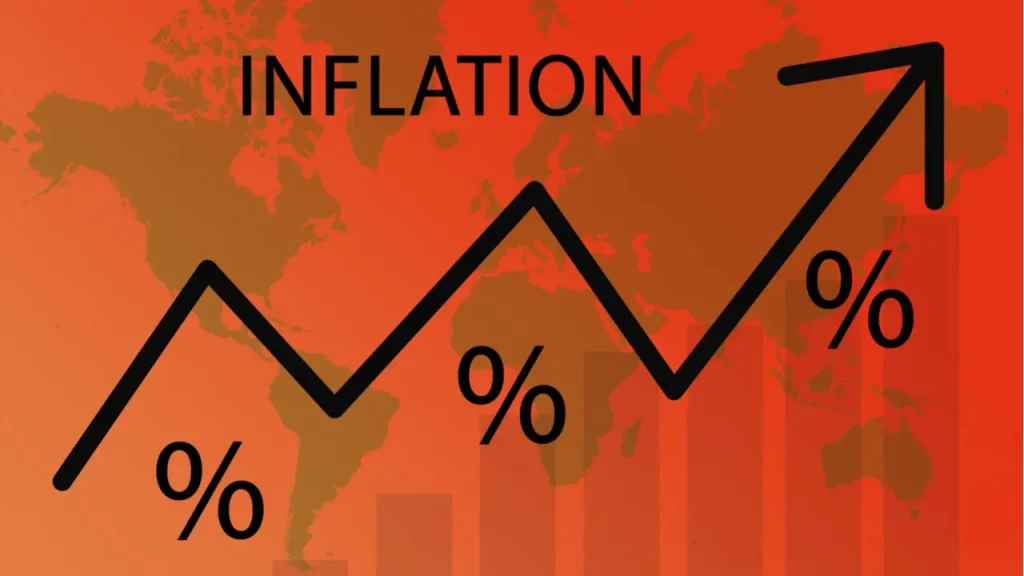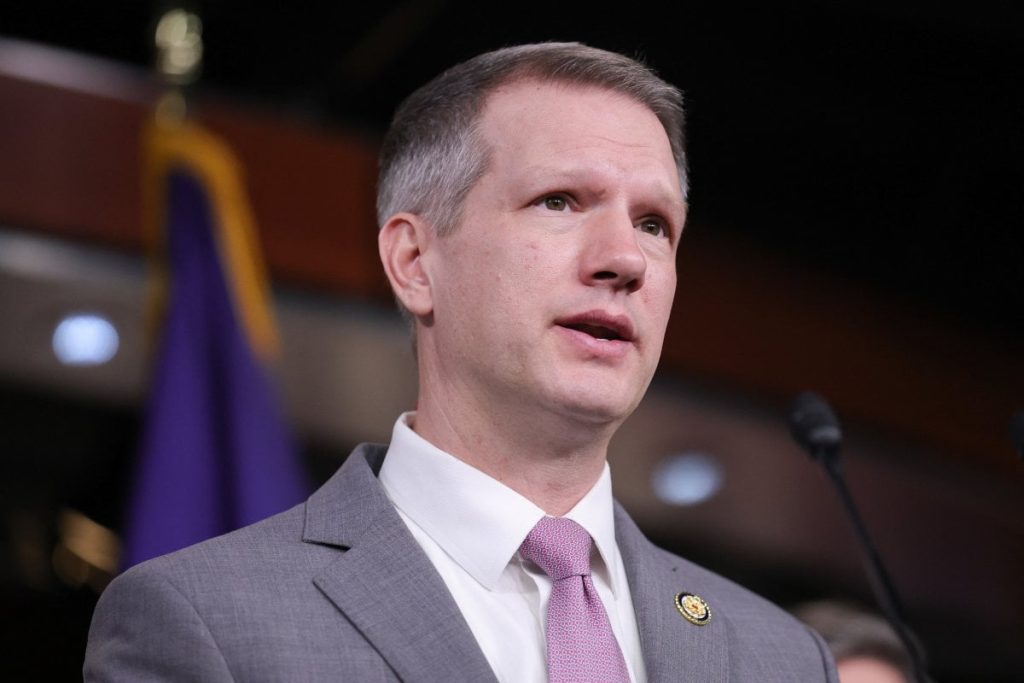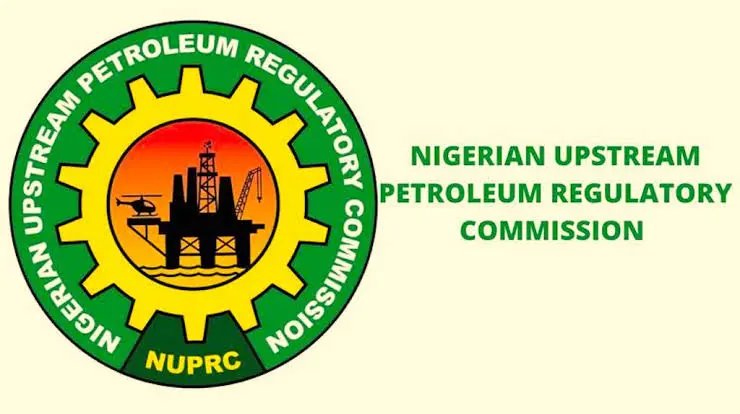Nigeria Sets Sights on $12 Billion Annual Revenue from Electronic Navigational Charts
In a bid to tap into the lucrative global market for Electronic Navigational Charts, Nigeria is aiming to generate approximately $12 billion in annual revenue. This ambitious goal was announced by the Minister of State for Defence, Bello Matawalle, at the World Hydrography Day 2025 and West African Hydrographic Summit in Abuja. The event, themed “Seabed Mapping – Enabling Ocean Action,” brought together stakeholders to discuss the importance of hydrography in enabling sustainable ocean development.
The Federal Government has established the International Centre for Electronic Navigational Charts West Africa Regional Office and Training Centre, which will be hosted by the National Hydrographic Agency in Abuja. This strategic partnership positions Nigeria to tap into the $90 million global market for Electronic Navigational Charts, potentially generating between $9 million and $12 million in annual revenue from chart validation, distribution, and revenue management for international shipping clients.
Matawalle emphasized the significance of seabed mapping, stating that it is no longer a technical luxury but a strategic imperative. He noted that the data gathered by hydrographers enables safe navigation, marine spatial planning, climate science, coastal defence, and blue economy development. The minister commended the National Hydrographic Agency for its efforts since its establishment in 2021, saying that it has taken giant strides to place Nigeria on the map as a credible hydrographic nation.
The event also featured the unveiling of the navigational charts of the Calabar channel, highlighting the country’s commitment to hydrographic development. Matawalle stressed that Nigeria must leverage its hydrographic capacity to secure its waters, fuel its economic transformation, and invest in resilience, growth, and future generations. He pledged continued support for hydrographic capacity building, investment in technology, and stronger regional ties to ensure that no part of Nigerian waters remains uncharted, unsafe, or unsustainable.
By investing in seabed mapping, Nigeria aims to unlock the potential of the blue economy, an emerging frontier that offers vast opportunities for economic diversification, job creation, food security, and energy development. As the country strives to become a major player in the global market for Electronic Navigational Charts, it is clear that hydrography will play a critical role in shaping Nigeria’s economic future. With its renewed commitment to hydrographic development, Nigeria is poised to make significant strides in the years to come.



